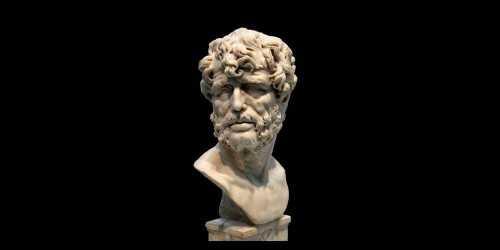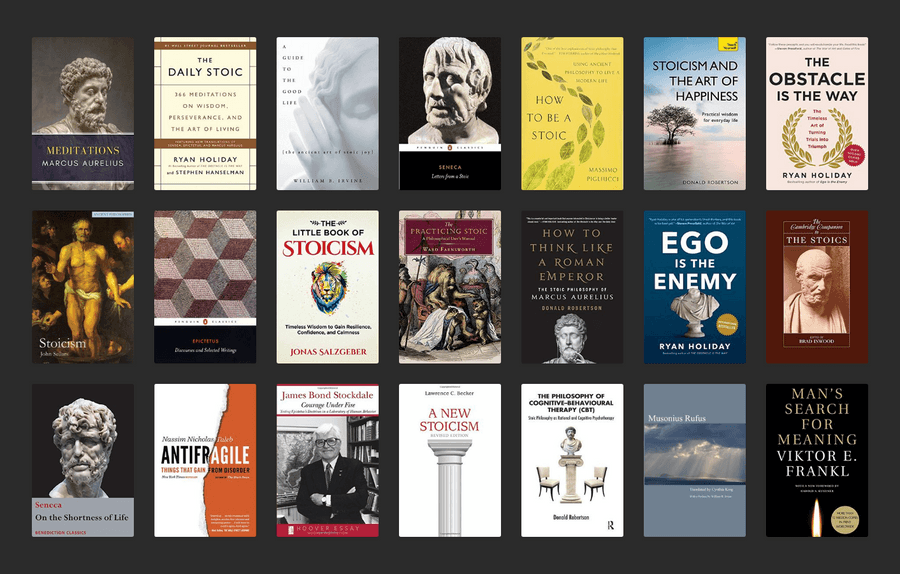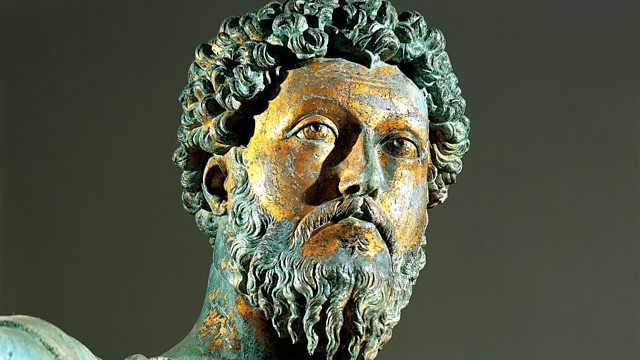The False Promise of Stoicism
Curated from: newideal.aynrand.org
Ideas, facts & insights covering these topics:
4 ideas
·7.47K reads
64
4
Explore the World's Best Ideas
Join today and uncover 100+ curated journeys from 50+ topics. Unlock access to our mobile app with extensive features.
Cafeteria Stoicism
Stoicism is made up of conflicting writings, especially around God, determinism vs free will, happiness vs avoidance of pain etc. Today most Stoic fans are practicing a cafeteria approach: picking up the few useful bits, modifying others, discarding the rest.
But it’s important to know that this is what we’re doing. Because to the extent that we’re taking this approach, we’re not practicing Stoicism. We are abandoning it and relying implicitly on different (and often unidentified) philosophic ideas.
166
2.48K reads
Stoicism, caught between determinism & free will
Stoics say some things are “up to us” while other sare not & that it’s crucially important to distinguish correctly between these. The problem, however, is that Stoicism (through the the writings of Zeno & Chrysippus) endorses determinism — the view that our actions and choices are necessitated by factors beyond our control. So, strictly speaking, nothing is up to us.
It's why most focus heavily on Epictetus, a Stoic of the later Roman period, who taught that the human faculty of judgment is completely free. This, however “updates” Stoicism into something it never was.
176
1.78K reads
The Stoic problematic approach to valuing
Stoics hold that you should only value things over which you have control: your judgments, emotions & character. In an attempt to avoid pain in a world in which everything you might care about is easily lost.
Realizing that life is limited is all the more reason to value your life intensely: it requires effort, emotional investment & the risk of pain. (Someday your child may die, but that does not mean that while she’s alive you should withdraw. On the contrary, to keep yourself from loving “too much” is to keep yourself from loving). To temper emotions is to kill one’s capacity to live.
202
1.6K reads
Marcus Aurelius writes not about happiness but avoiding pain
Marcus Aureliu affirms that everything that happens is divinely ordered for the best. And given his Stoic teaching, he finds that in this best of all possible worlds there is little to love. He frequently comments on the vanity of existence, the insignificance of life, the sheer pointlessness of so much of what makes up human existence.
"The Stoicism of the Meditations is fundamentally a defensive philosophy... For Marcus, life was a battle, and often it must have seemed — what in some sense it must always be — a losing battle."
169
1.6K reads
IDEAS CURATED BY
Life-long learner. Passionate about leadership, entrepreneurship, philosophy, Buddhism & SF. Founder @deepstash.
Vladimir Oane's ideas are part of this journey:
Learn more about philosophy with this collection
Understanding the importance of constructive criticism
How to receive constructive criticism positively
How to use constructive criticism to improve performance
Related collections
Similar ideas
4 ideas
Stoicism: Practical Philosophy You Can Actually Use
ryanholiday.net
10 ideas
What is Stoicism? A Definition & 10 Stoic Key Principles
njlifehacks.com
Read & Learn
20x Faster
without
deepstash
with
deepstash
with
deepstash
Personalized microlearning
—
100+ Learning Journeys
—
Access to 200,000+ ideas
—
Access to the mobile app
—
Unlimited idea saving
—
—
Unlimited history
—
—
Unlimited listening to ideas
—
—
Downloading & offline access
—
—
Supercharge your mind with one idea per day
Enter your email and spend 1 minute every day to learn something new.
I agree to receive email updates



